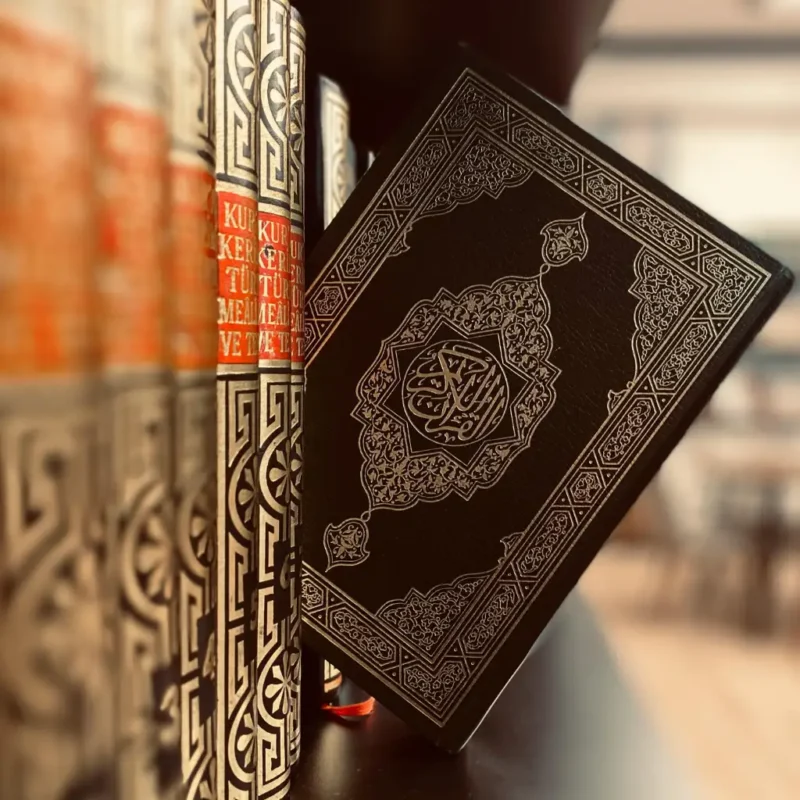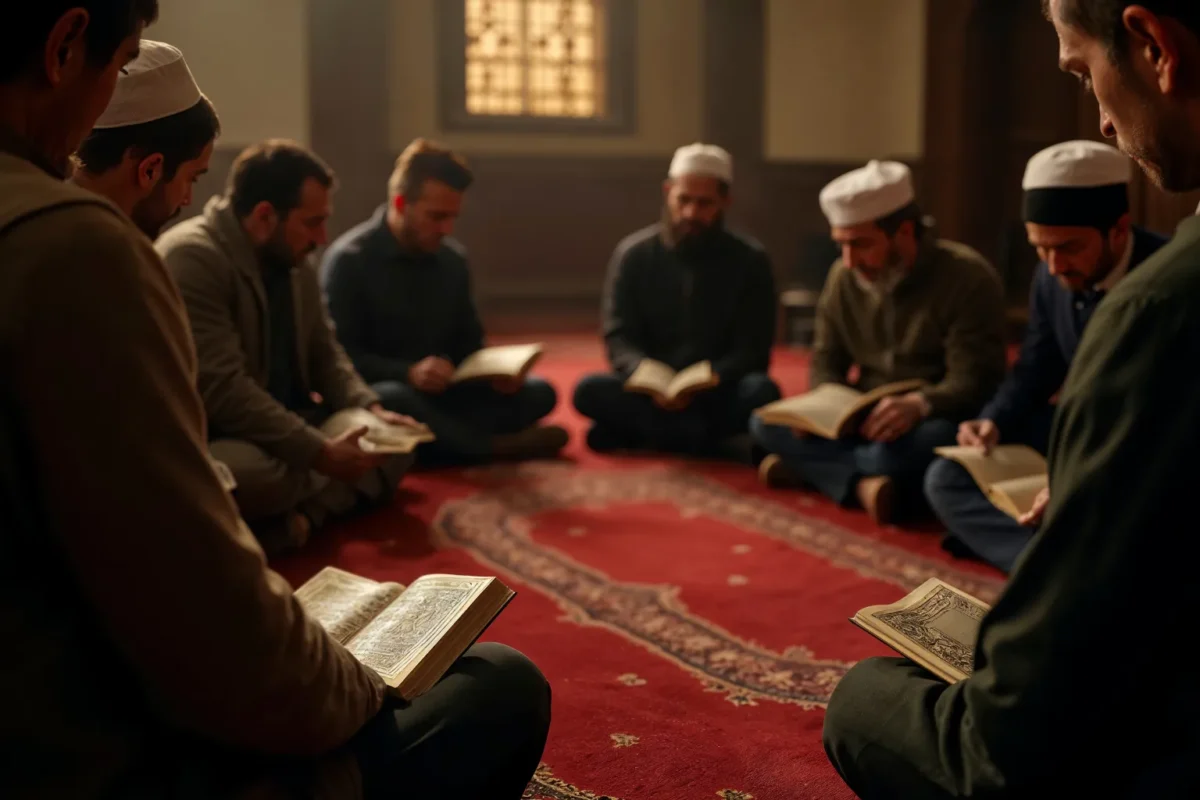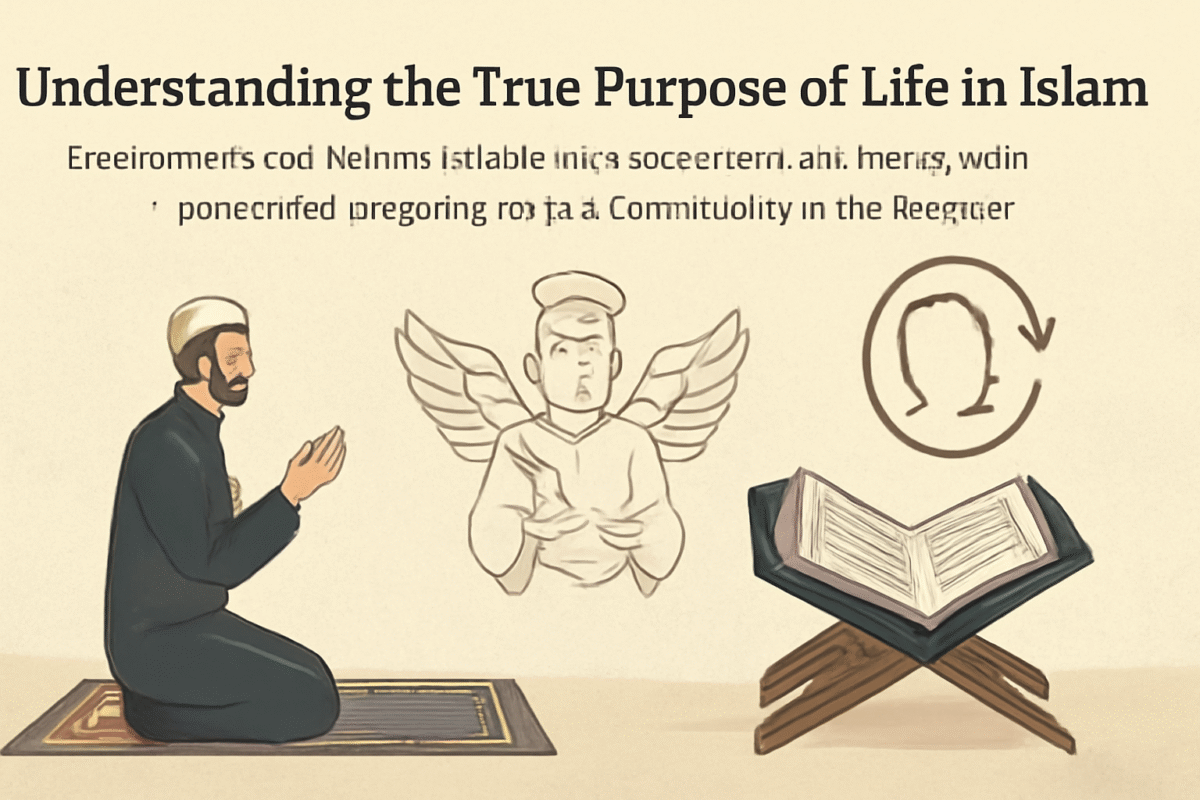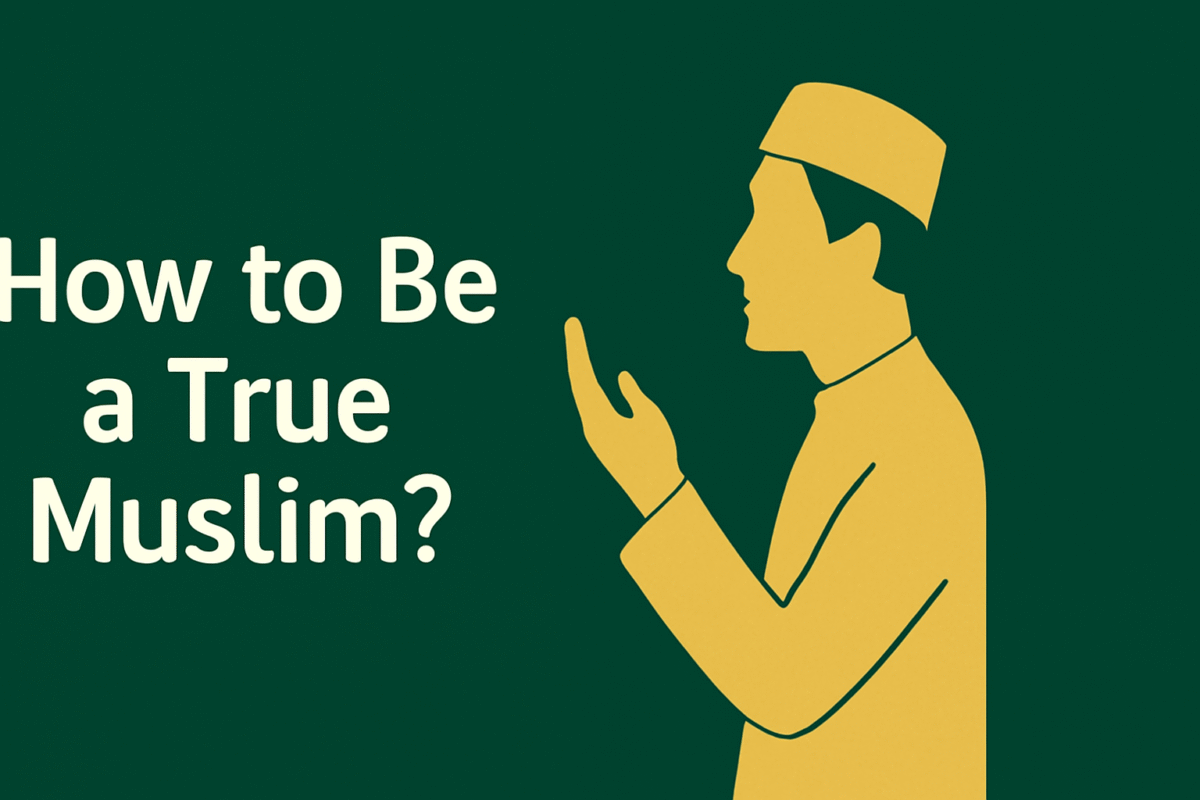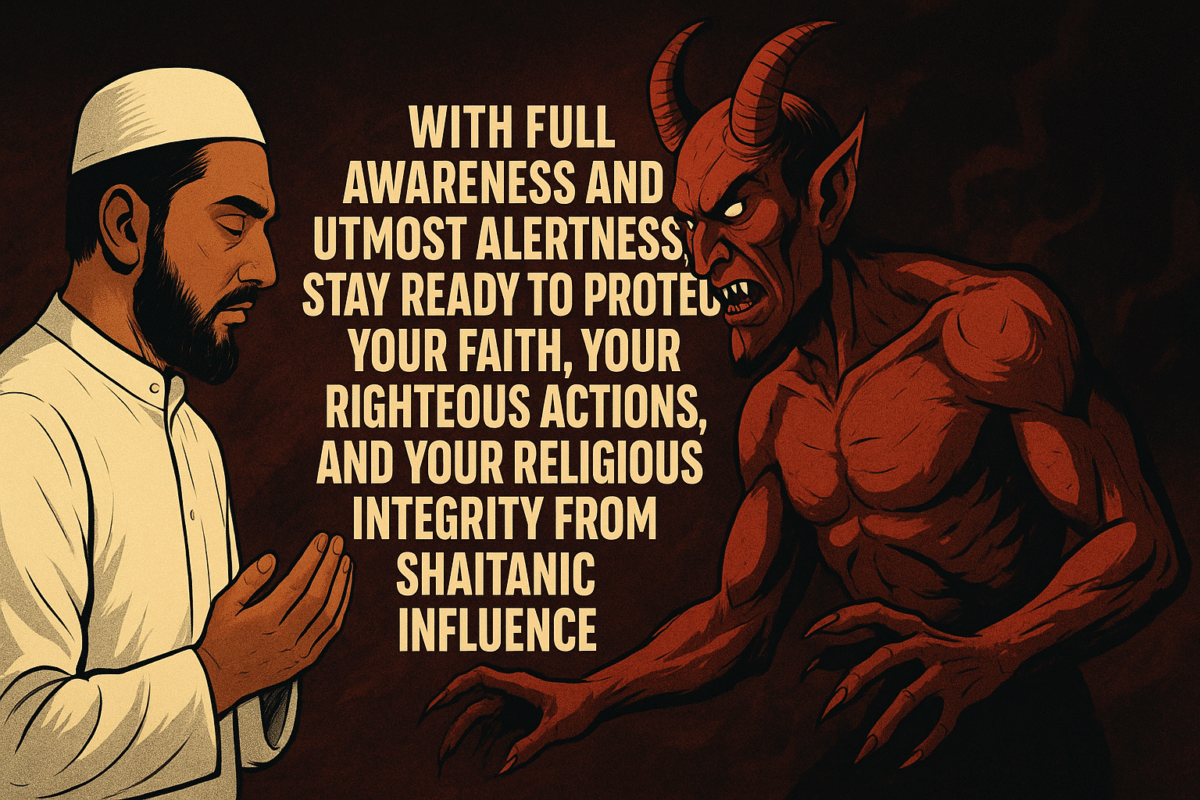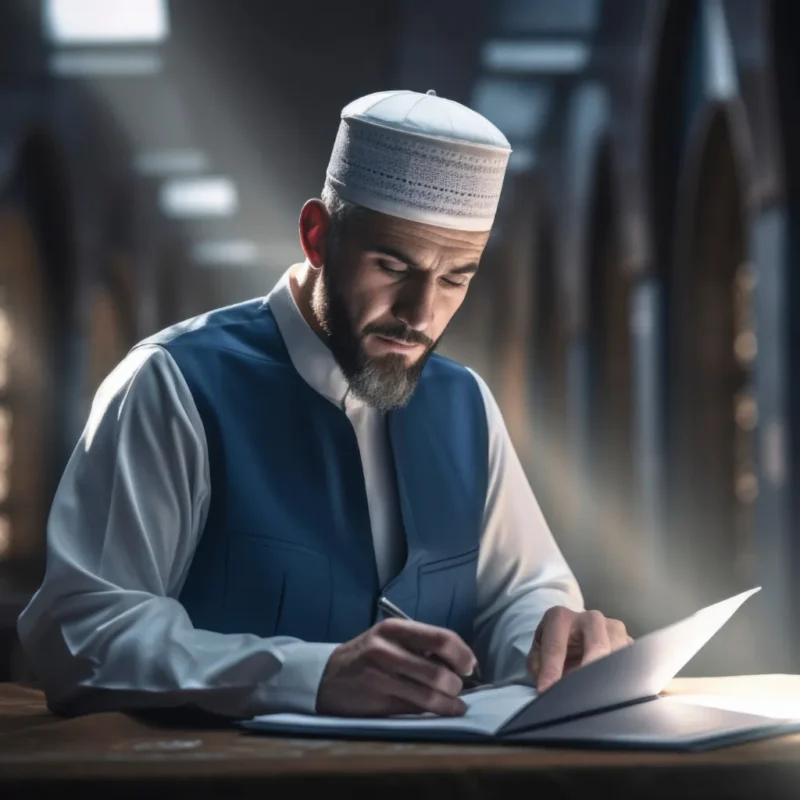Table of Contents
Today, we will talk about a trial that has crept into our lives so silently that we hardly recognize its severity. The act of taking or making pictures—something that seems minor on the surface—is, in fact, a great sin and a serious test concerning our faith and the Hereafter. When the Prophet Muhammad ﷺ warned of severe punishment for a certain deed, every Muslim should tremble with fear. Sadly, this sin has become a routine part of our daily lives, and we continue to ignore it as something trivial. But have we ever considered its spiritual consequences, its religious status, and what it could lead to on the Day of Judgment? Now is the time to seriously reflect on our actions and make an effort to protect our homes, children, and society from this temptation. Let us sincerely understand this truth and follow the teachings that draw us away from sin and closer to Allah’s pleasure.
The Prophet ﷺ said: “On the Day of Judgment, those who will face the most severe punishment are the image-makers.” (Bukhari and Muslim)
Modern advancements have made image-making a common and accessible act. Islamic law permits it only in cases of extreme necessity, such as images on currency, identity cards, passports, or employee ID cards. Beyond such necessities, image-making is still considered a sin. Today, photography has become so easy and widespread that nearly everyone carries a camera. With a single click, one can misuse this tool and fall into sin.
Staying Within Limits
Modern tools like mobile phones and cameras are products of human intellect. Science is about creating new things through knowledge and experience. Islam does not oppose the use of modern inventions—in fact, it encourages benefiting from them—but it sets clear boundaries. We are advised to take full advantage of new technologies without crossing the limits set by the Shariah. When one steps beyond these limits, not only does it harm the Hereafter, but it also disrupts peace in this world. Allah is our Master, and we are His servants. How can we ever be truly happy while disobeying our Creator?
In light of these modern inventions, parents and elders are responsible for guiding the younger generation. They must instill in them a deep appreciation for the blessings of Islam and the worldly and spiritual benefits of following its teachings. You can also read about dangerous deception in islam.
The Impact of Pictures on Our Homes
A well-known Hadith says: “The angels of mercy do not enter a house where there is a dog or a picture.” Hanging life-sized portraits in homes or shops, keeping albums of pictures, or displaying large images of deceased loved ones in homes or stores—these all fall under the warning mentioned in this Hadith.
Some people argue, “So-and-so is a great person, and he does this too; his house also has pictures.” But remember—everyone has to enter their own grave. No one admires someone who consumes poison, no matter their status. In this era of trials, it is best to avoid pictures as much as possible, as this act has been clearly identified as a great sin in Islam. If one has committed this sin in the past, they should sincerely repent and seek forgiveness, and destroy all existing images to avoid punishment.
Today, the widespread lack of blessings in homes and businesses is, in part, due to the presence of pictures. Their negative spiritual impact prevents the angels of mercy from entering, while evil forces like devils and mischievous jinn take residence instead. As a result, even with material abundance, peace and contentment are missing, and new troubles keep arising.
Have we ever thought that our pictures might be driving the angels of mercy away from our homes?
If pictures push angels away and bring devils closer, how can peace and blessings remain in the house?
Are we teaching our children about the Islamic ruling on pictures?
A Supplication
O Allah! Grant us the ability to recognize our sins, to avoid them, and to sincerely repent.
Protect our eyes, hearts, and homes from anything that brings Your displeasure.
Guide us to the path of Your pleasure, blessings, and mercy.
Safeguard the faith of our future generations.
Ameen, Ya Rabb al-‘Alamin.
FAQs
Why are pictures considered a serious issue in Islam?
In Islam, making or displaying pictures of living beings is discouraged because the Prophet ﷺ warned of severe punishment for image-makers. Such pictures are believed to invite spiritual harm and drive away the angels of mercy.
Are all types of pictures forbidden in Islam?
No, not all pictures are forbidden. Islamic scholars have permitted images in cases of necessity, such as for ID cards, passports, and currency. However, unnecessary photography and the public display of portraits are considered sinful.
How do pictures affect the peace and blessings of a home?
According to Hadith, angels of mercy do not enter a home that contains pictures. Their absence can result in a lack of blessings, increased restlessness, and the presence of harmful spiritual entities like jinn or devils.


